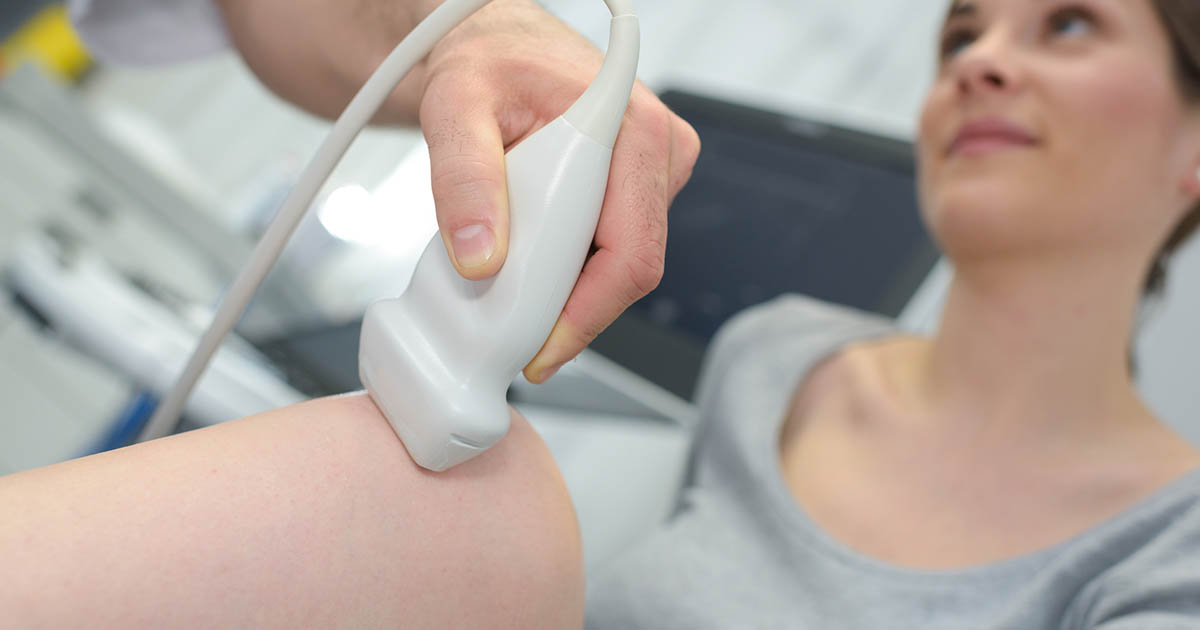Causes And Risk Factors Of A Baker's Cyst
Other Knee Problems

There are some other conditions that might affect the knee that can contribute to the development of a Baker's cyst. Basically, anything that causes inflammation in the knee increase the risk of an individual developing a Baker's cyst. Bursitis is an excess of swelling that may occur from overuse of a joint. Patellar subluxation involves the abnormal movement of the kneecap. An infection may also occur beneath the kneecap. Each of these other knee problems has been shown to give individuals an increased risk of experiencing the formation of a Baker's cyst.
Gout

Gout is an inflammatory form of arthritis caused by an accumulation of urate crystals in the joints. Symptoms of this condition generally include severe pain in the knees (what typically results in a Baker's cyst), ankles, elbows, and wrists, and patients may also have swelling, redness, and reduced range of motion in the affected areas. Gout symptoms usually occur at night, and the condition typically flares up for a few days before subsiding; patients may go months or years between symptomatic episodes.
Diets high in alcohol, seafood, meat, and fructose increase the risk of gout, and patients with obesity, cardiovascular disease, kidney issues, and hypertension have an elevated risk of this ailment. Treatment options include anti-inflammatory medicines, colchicine, and corticosteroids. Individuals who have several gout episodes each year may be advised to take medications such as febuxostat or allopurinol to block the production of uric acid.
